About Sascha
Hi,

I am Sascha. I write and coach for a living. I worked on the Zettelkasten Method to build tools for my personal knowledge work. I began to teach some of my clients my method and discovered that they had great success with that. So I now work on this project with Christian to provide the world with the best solutions to knowledge work problems.
How I use my Zettelkasten
I use my Zettelkasten for all of my knowledge work:
- I use my Zettelkasten for research on biochemistry, nutrition, training, meditation – basically everything on health, fitness and robustness of body and mind. This is part of my job as a personal trainer.
- I use my Zettelkasten for background research and worldbuilding for my fiction writing.
- I use it to support my work on philosophy and ethics.
- I use it to analyse movies.
- I use it to organise my dog training.
- I use my Zettelkasten for writing fiction fragments that form whole the stories.
Tips for Beginners
- Read the introduction to the Zettelkasten Method.
- Don’t hesitate. Commit yourself to action and learn by doing. The Zettelkasten Method is 10% knowledge and 90% skill. Skills are developed through practice. A lot of practice.
- Start thinking about the Zettelkasten Method as a tool to accomplish a task. Learn it by using it for that task. Try to do research on a blogpost, or process a book you are excited about.
- Try to think on how to connect knowledge and not on connecting notes.
Live long and prosper!
Sascha
PS: I offer 1-on-1-coaching if you want to learn the Zettelkasten Method from an experienced person.
Posts Written by Sascha
- Email Sascha
- Get Sascha’s posts as an RSS Feed.
2026
The Hidden Problem with Note Titles as Links (And How to Fix It)
Using note titles for links can be made to work, but it’s a kind of friction you could avoid.
Stop Caring About Your Inbox

The inbox problem for a Zettelkasten user is fundamentally different from that in task management: Task management demands completeness and trust through empty inboxes, but your Zettelkasten thrives on abundance and rational exclusion.
Understand Thinking Notes to Clear Up Your Workflow
You can call many things a note, but only some are worth keeping. Others are engagement notes, or thinking notes, which you need to understand something, but not more.
Should You Have a Note Goal Per Day? How To Quantify Creativity to Boost Creative Performance

It is possible to make a daily note count work to your advantage, but you need to think about your reasons for measuring note output, first.
Fuelling My Top 2% Podcast With 15 Years of Atomic Note-Taking
Thanks to my Zettelkasten, I can create podcast episodes from existing notes quickly and moved a relatively new Podcast up the charts in just a couple of episodes.
Rewriting Notes Is Thinking Work, Not Maintenance

Rewriting notes isn’t wasted effort or a mere maintenance task. It is itself part of writing-to-think, with the goal to improve clarity of thought. Separate this from writing-to-communicate to avoid self-censorship. These are different mental modes.
The Cultivation of Knowledge Is the Objective of Knowledge Work
Focus on ideas, and how to develop them, so that not only your notes become good, but you become more skilled at knowledge cultivation.
The Friction Fallacy
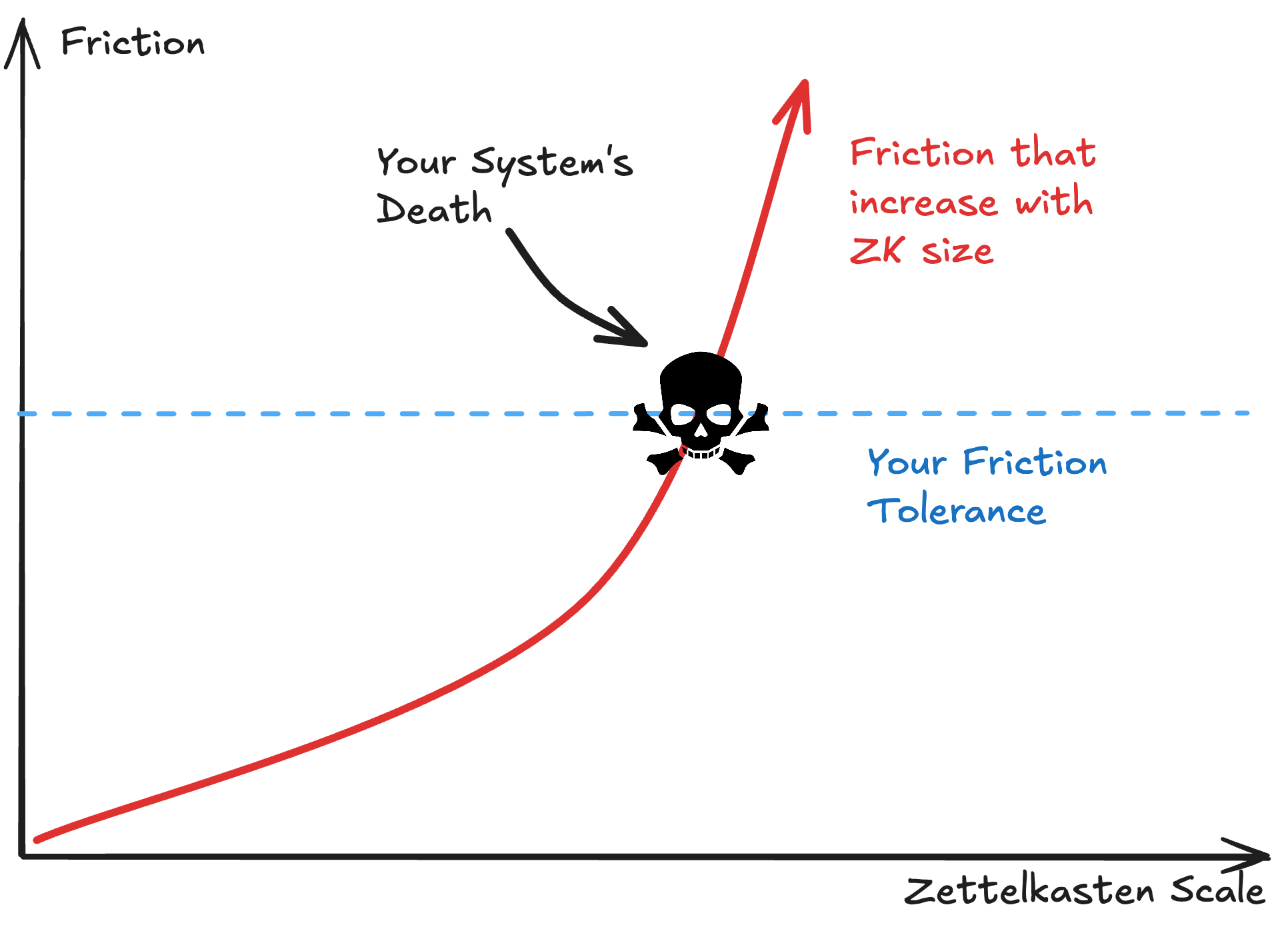
Friction is not a friend. Friction is either an enemy or a beneficial evil. Don’t commit the Friction Fallacy! Set up your Zettelkasten so that it runs smoothly for the rest of your life.
2025
Universal Questions for Any Note-Taking System
Not all note-taking systems are created equal. You can use these universal questions to analyze yours and maybe make adjustments in the new year.
How to Start a Zettelkasten When You Are Stuck in Theory
If you want to get started, but feel stuck reading endless articles, this is your call to action.
One (and another) Gear in the Zettelkasten Machine: A Deep Dive into a Key Mechanism

Each element of your workflow has a specific effect. You might compare it to key training sessions like explosive strength training or circuit training. Together they make (or break) your practice.
Optimal Concentration: Dedicated Sessions Are Your Success Recipe
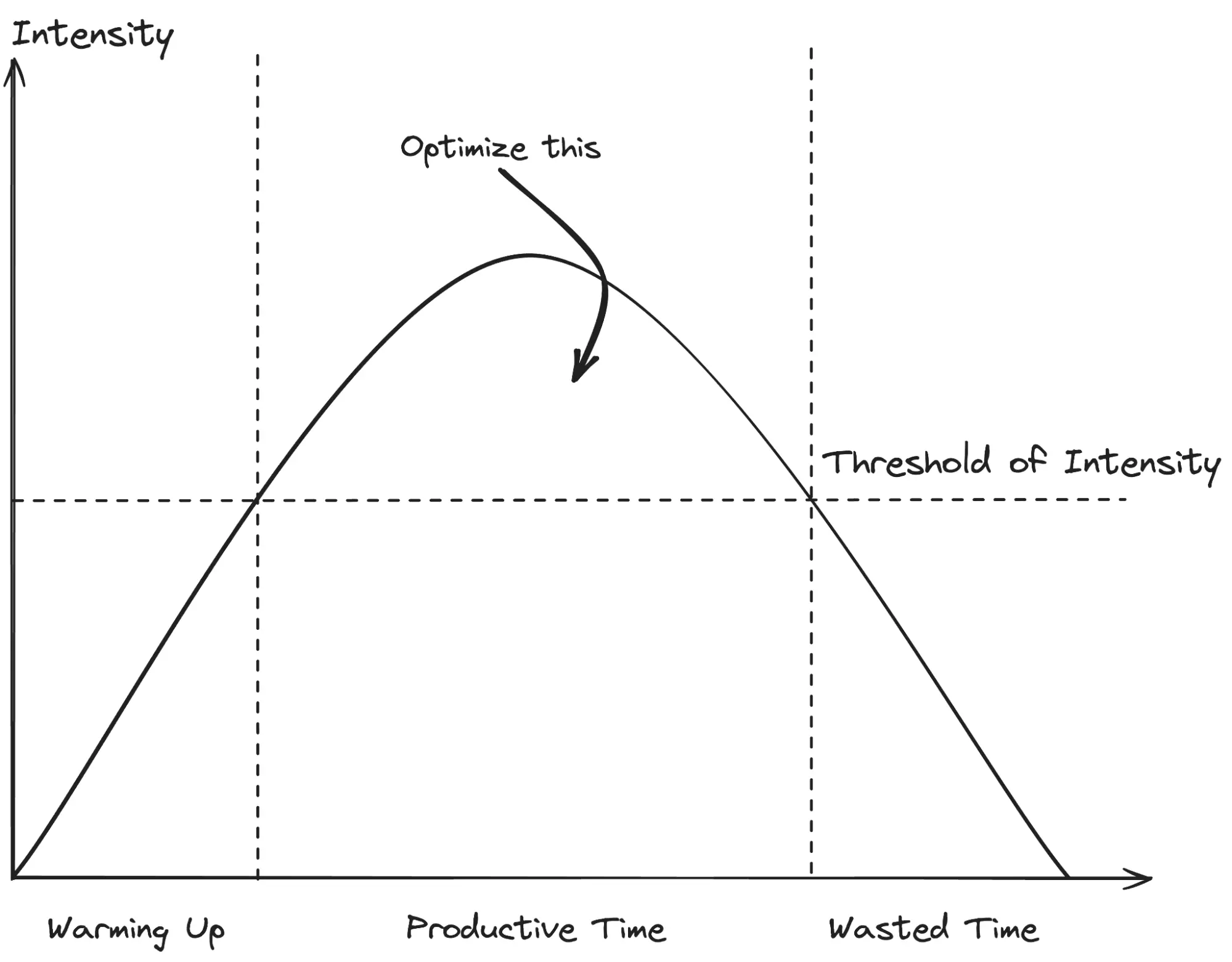
How to design a deep knowledge work session with your Zettelkasten. The goal is to maximize the time spend in deep focus.
The Tools That Change Us (And the Choice to Change Back)
People react strongly to AI topics because these tools can post a threat. Practicing the Zettelkasten Method for deep knowledge work helps you emerge with a strengthened mind from this sea change.
The Complete Guide to Atomic Note-Taking

With this guide, I will take you into the exciting deep waters of both the Zettelkasten and thinking skills. Having read this article, you will both know the theory and the practice, the art and the science of atomic note-taking.
The Scam Called “You Don't Have to Remember Anything”
Debunking the myth that search engines and AI eliminate the need for memory. Building deep knowledge through active learning remains essential for critical thinking, despite promises of instant information access.
Incorporating Your Zettelkasten Into Your Writing Workflow (Coaching Video)
In this session, James and I talked about how to incorporate the Zettelkasten into a writing workflow.
Nori, You Do Have a Zettelkasten!
Wrapping up three coaching sessions with Nori to explore her journey away from the Zettelkasten Method and her return to it.
The Principle of Atomicity – On the Difference Between a Principle and Its Implementation
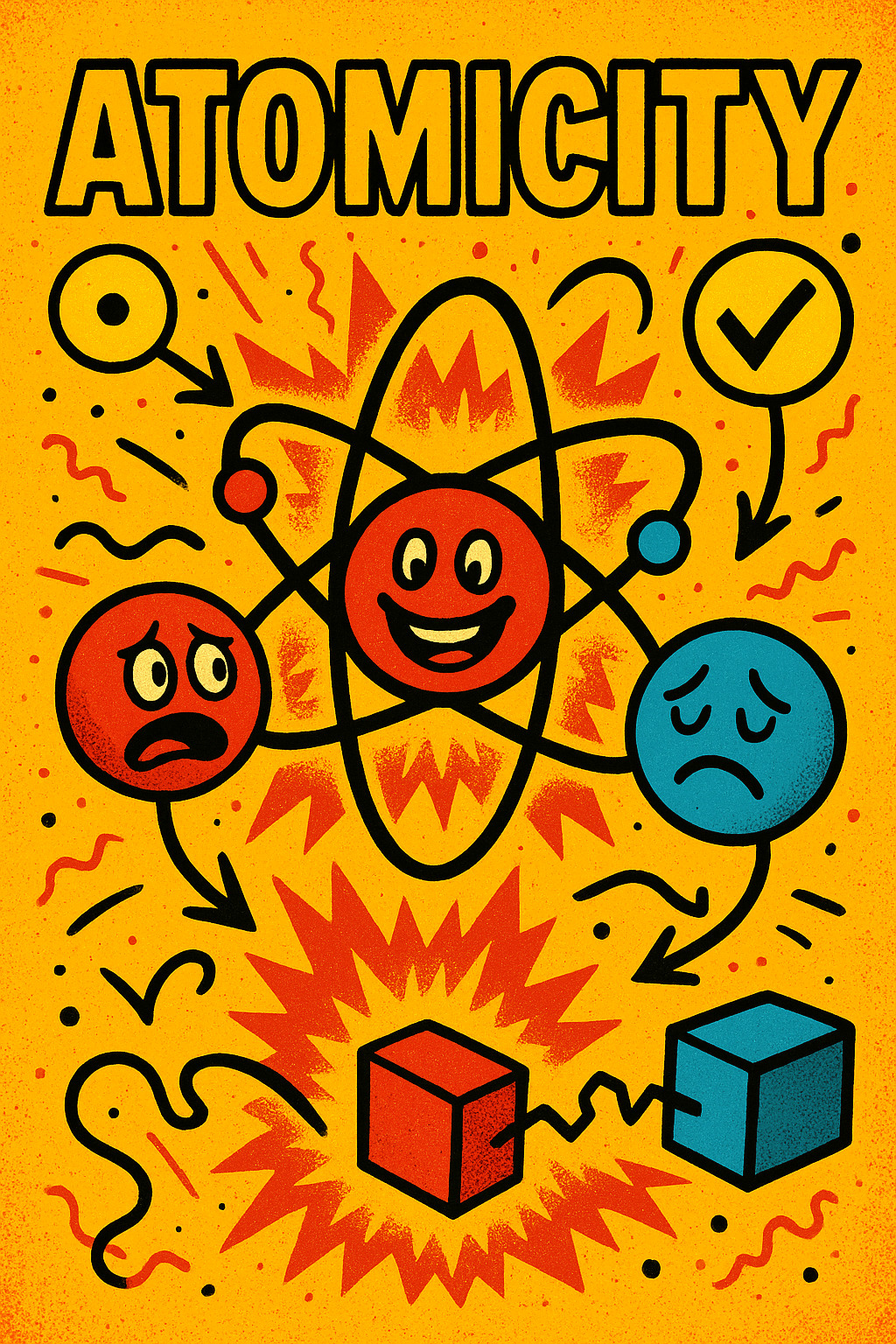
The deepest dive into the principle of atomicity on the whole internet.
On Developing a Deep Knowledge Work Practice (Comment on Nori’s Blog Post)

A reply to Nori Parelius’ follow-up post after our recent video call where we talked about her quitting the Zettelkasten Method.
Writing with the Zettelkasten in Mind (Coaching Video)
Recording of a coaching session where we talk about different ways that the Zettelkasten affects, and is affected by, what you want to publish in writing.
How To Build Your Zettelkasten to Master AI

Those who don’t learn to use AI, won't be able to keep pace with those who do. I strongly hold the belief that the same is true for the Zettelkasten Method.
Heal From Information Intoxication by Regaining Depth
The Zettelkasten Method can't heal a toxic relationship to knowledge. No system can. We have to regain depth.
The Zettelkasten Method for Hindu Philosophy
A video recording where I coach using the Zettelkasten Method to study Hindu Philosophy, a topic where you can easily go in depth and need to break up notes as they grow.
How to Explore the Depth of an Idea
Coaching session with Fernando on how to create depth in knowledge work with the Knowledge Flower.
Nori’s Zettelkasten Journey and Why She Let It Go - An Interview
Interview with Nori about her Zettelkasten experience and why she ultimately abandoned it.
Optimize Productivity by Measuring the Mightiness of your Zettelkasten
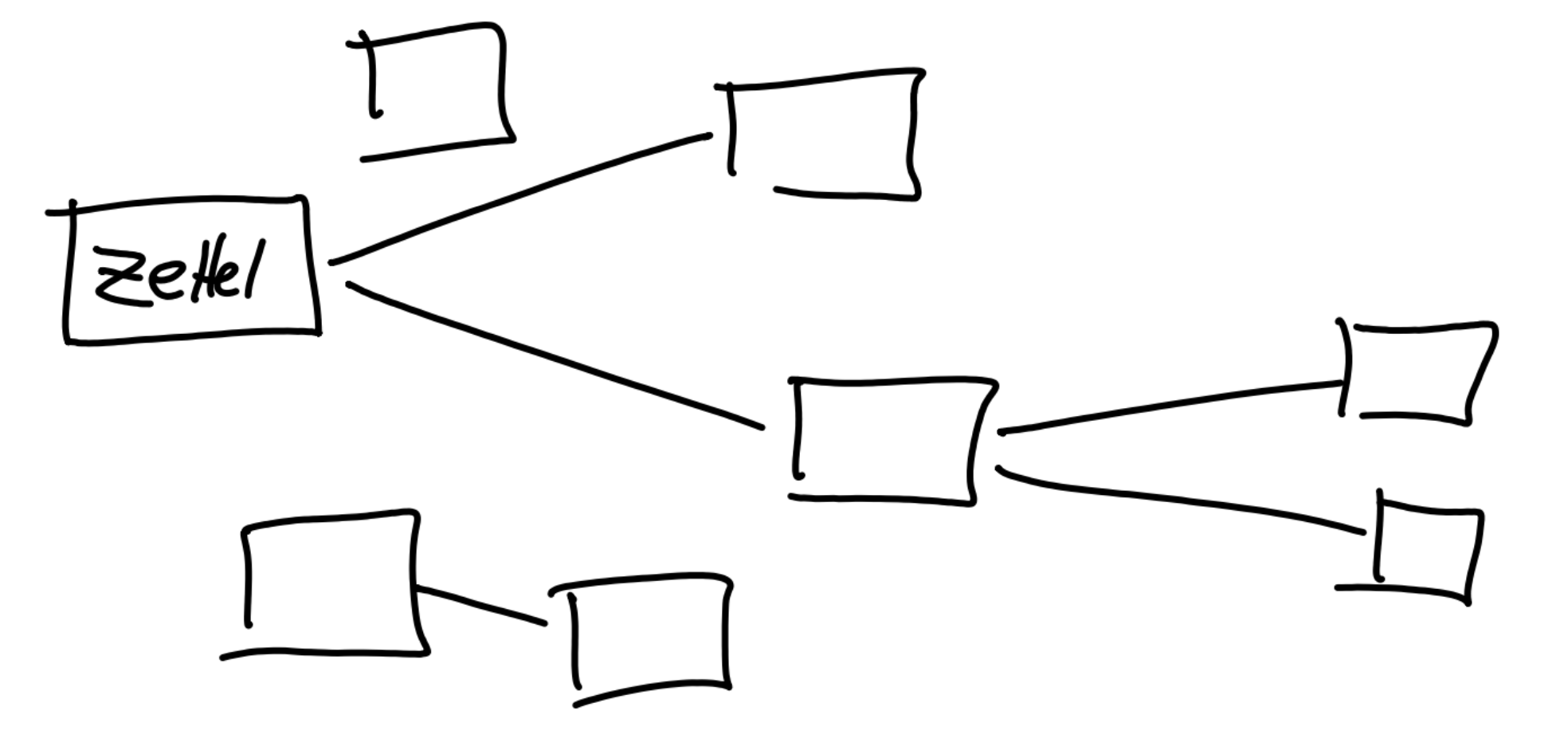
The mightiness of the Zettelkasten serves as a valuable metric for measuring Zettelkasten productivity.
How to Do Research with The Archive
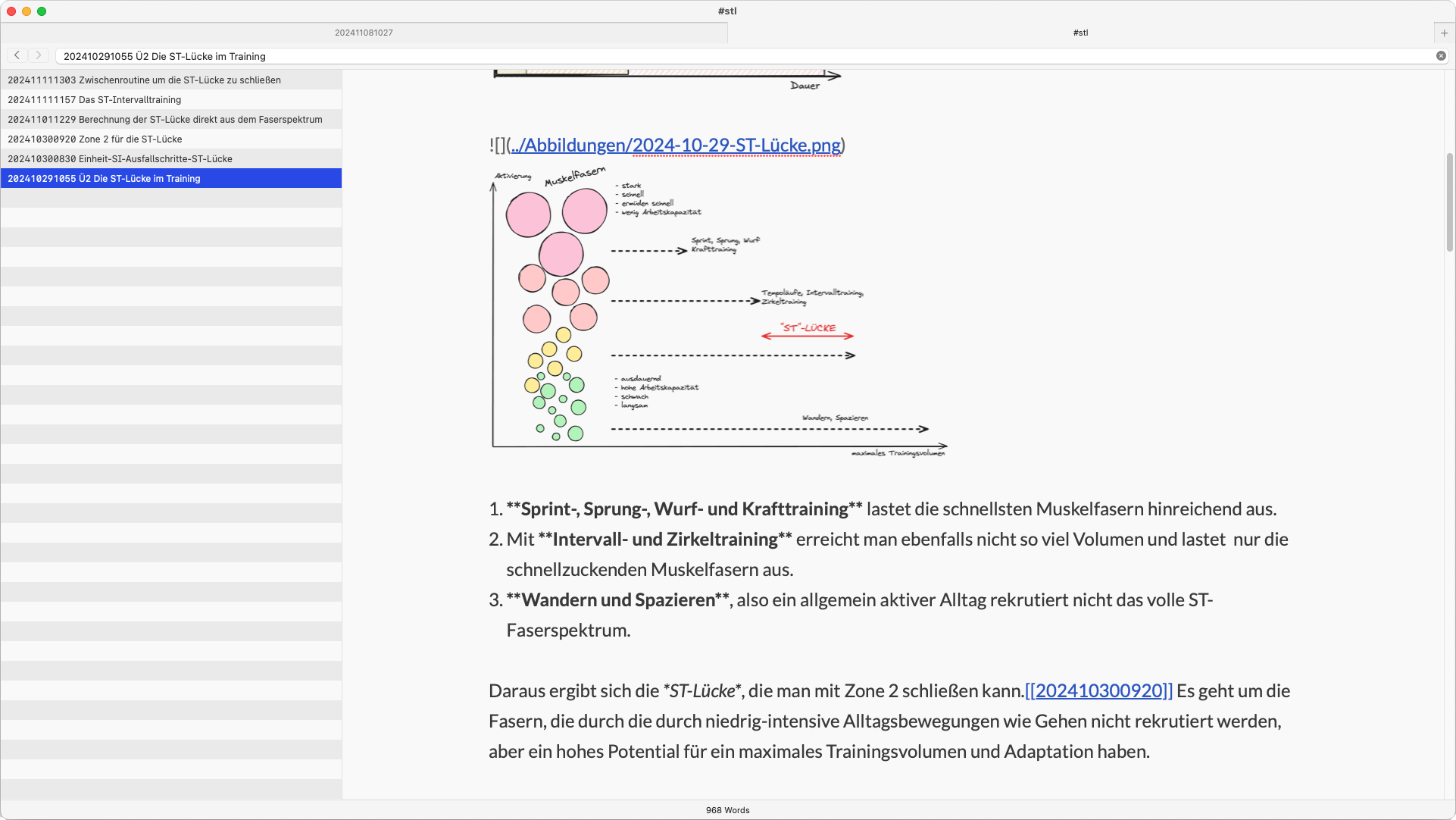
My very simple setup: Create entry points to help you do your actual work.
Field Report #9: Excerpting Instead of Processing
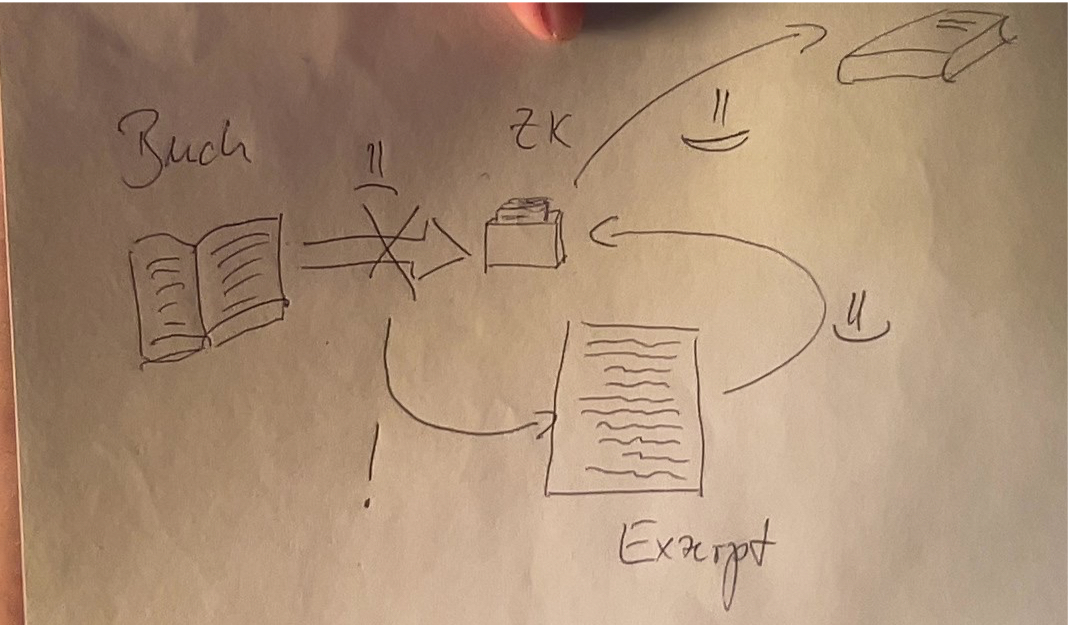
The conviction that you have a way of working that is best for you turns the challenge of modern knowledge work on its head: the problems do not cater to us. We have to adapt to the problem.
Develop Empathy with your Future Self
Align everything that you do so that it is an act of service to your future self.
2024
Field Report #8: How I Process a Chapter of a Book
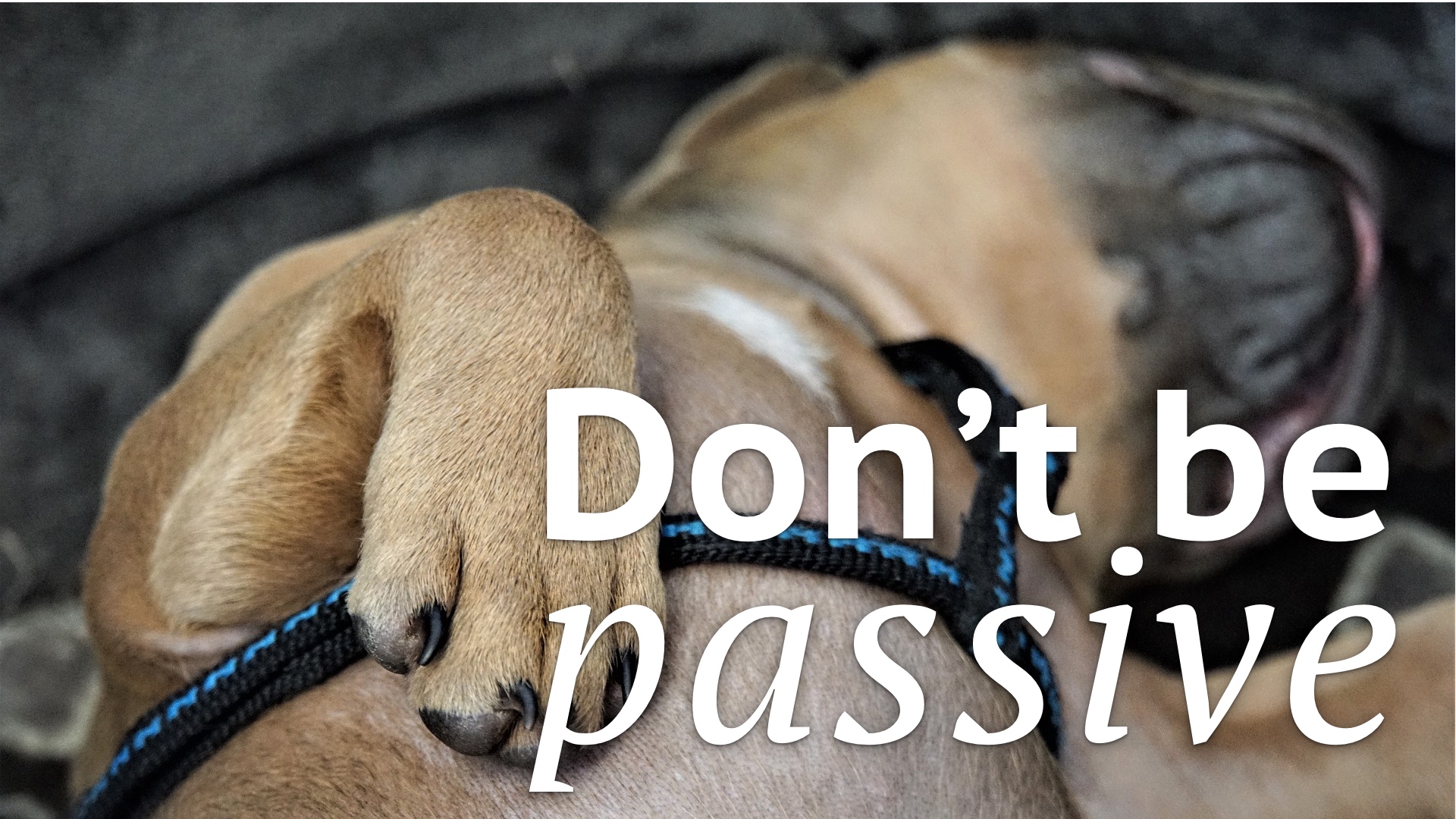
Don't demote yourself to a passive processing machine. Start with an intent when you process a chapter. Ask yourself: What do I want to build?
Cal Newport vs Zettelkasten – SAD! (Clickbait)

Cal Newport thinks the Zettelkasten method is complicated and overrated. This is wrong.
The Collector’s Fallacy and Reward Dependency
Do you find yourself buying books and never read them? The secret nature of Dopamine explains why.
Mindscapes: The Zettelkasten as a Thinking Environment

Habitats of the mind: Your Zettelkasten is a thinking environment.
Mindscapes: Thinking Environments in Your Way of Living

Habitats of the Mind: Actively shape the thinking environments of your life. Your mind will thank you.
Cal’s Books are Salad
If there’s “ultra-processed” content, then what kind of content are Cal Newport’s books?
The Heist – How to Process a Practical Book Quickly

Those who do not master the exploitive reading method waste a lot of time and energy. Not every book should be processed in the same way.
Strange Loops: Reading a Book on How to Read a Book
How to transform insights from “How to Read a Book” by Adler/van Doren into actionable strategies to improve your reading.
The Zettelkasten in Action: My Book on Habit

A book to show the power of the Zettelkasten, to change the perception what kind of books are even possible, and change the way we think about habits.
The Iceberg Theory of the Zettelkasten Method — Exploring the Depths
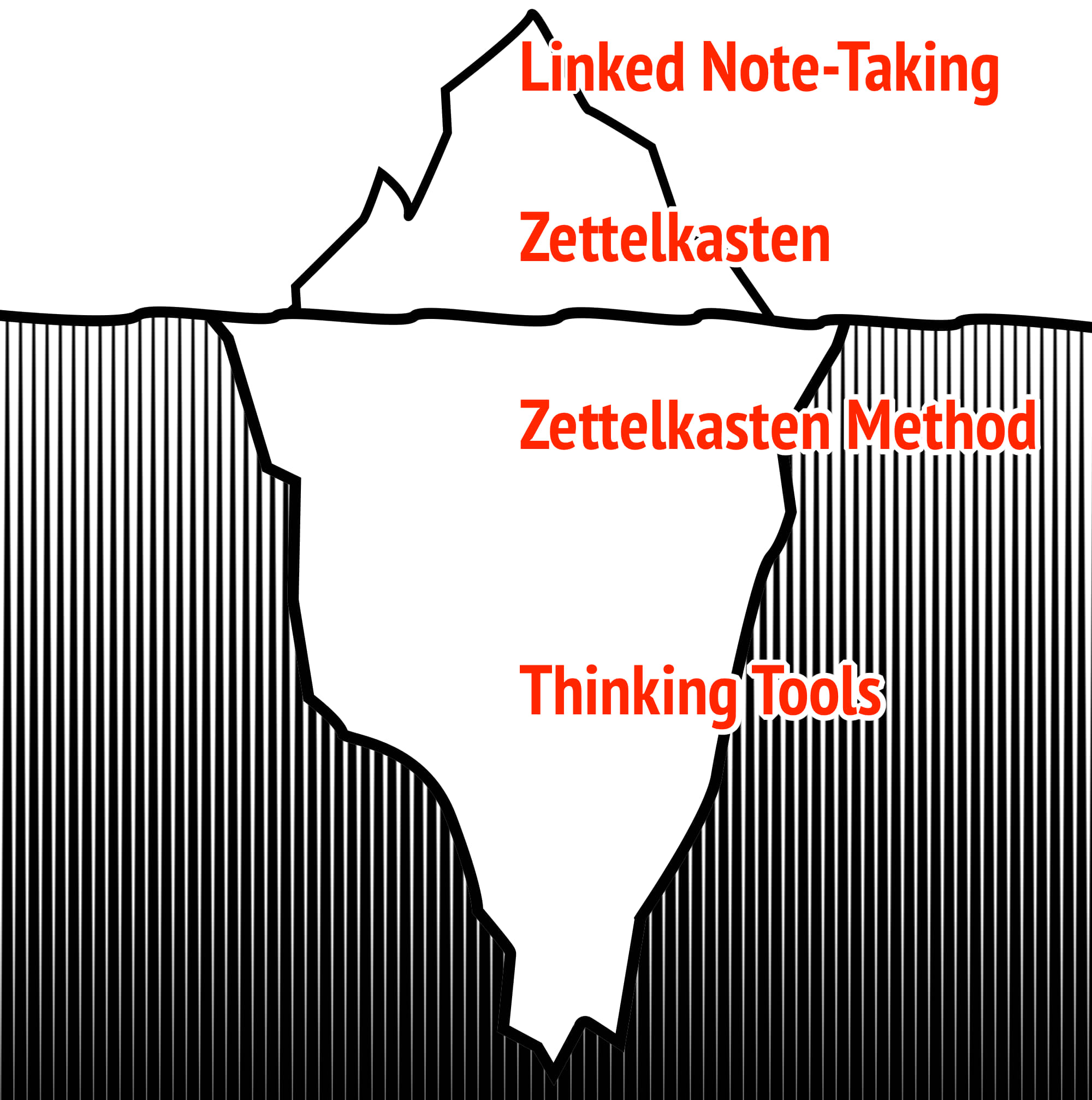
The realisation that linked notes are more useful than unlinked notes should be the start of your journey into the depths.
Field Report #7: How I Process “Atomic Habits” by James Clear

First, ask yourself what the source requires of you. The individual in “individualising the way of working” is the source you are processing, not you.
2023
Upgrade Atomic Thinking to Holistic Thinking

The brain's analytical way of breaking complex things down into atomic parts is important. But it is far from all that is needed.
Workshop Announcement: The Zettelkasten Method 101 LIVE Workshop
Launching in October 2023: Zettelkasten Method 101, Mastering the basics to unlock your Integrated Thinking Environment. A live workshop for 8 participants. Secure your spot now!
How to Increase Knowledge Productivity: Combine the Zettelkasten Method and Building a Second Brain

Learn what “Building a Second Brain” is, how it relates to the Zettelkasten Method, and how to perfectly combine both methods.
How to Improve Your Zettelkasten by Learning from Athletic Training

The benefits of your Zettelkasten highly depend on the longevity of each note. Since the Zettelkasten as life-long companion and comrade in the battle for and against knowledge is a long-term endeavor, it is crucial that you create notes and structures that will last a long time. The minimum goal should be that they last a lifetime, so they are optimally designed for yourself. Ideally, they last forever, so future generations can benefit from your work as well.
Why the Single Note Matters

A while ago, I offered free feedback on individual notes to seven people. I did this to showcase the importance of putting effort into individual notes.
Improved Translation of “Communications with Zettelkastens”

English translation of Niklas Luhmann's 1981 German text, “Kommunikation mit Zettelkästen”.
Little Machines in Your Zettelkasten

Create tools within your Zettelkasten for various purposes to aid you in your work.
Feynman's Darlings – Or: How Anyone Can Become Brilliant

You can become brilliant. You just have to be smart and work hard. You asked me if an ordinary person by studying hard would get be able to imagine these things like I imagine. Of course! I was an ordinary person who studied hard. Source
2022
Philosophy of Zettelkasten: What is the Ghost in the Box?

A detailed exploration of Luhmann's ZK note number 9/8,3 and what the notion of the 'ghost in the box' could mean.
English Translation of All Notes on Zettelkasten by Luhmann

Faithful English translation of Niklas Luhmann's original notes on Zettelkasten.
How To Use Creative Techniques Within the Zettelkasten Framework
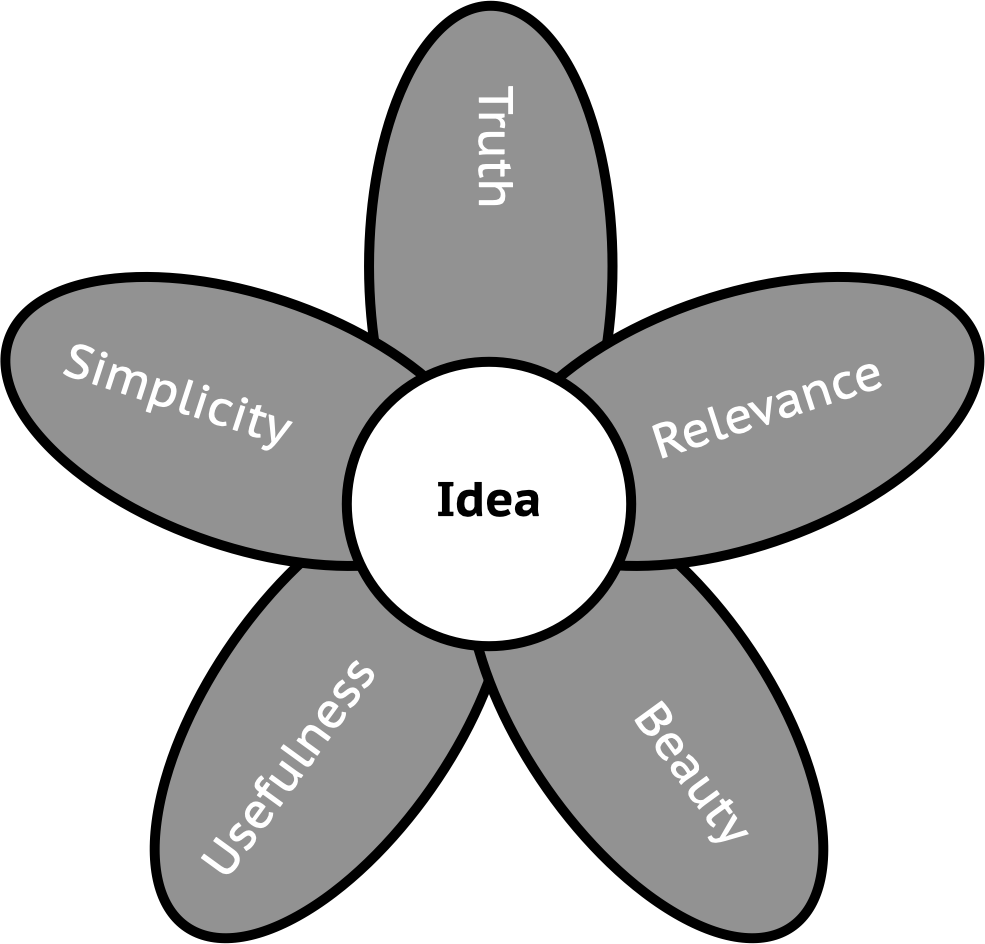
Truth, relevance, usefulness, beauty, simplicity: the 5 aspects of an idea.
Every Step in the Process Must be Knowledge-Based Value Creation

Does the Zettelkasten feel like extra work? This doesn't have to be so.
How Value is Created in a Zettelkasten (and Any System of Knowledge Work)

The first question we need to ask ourselves is: What is value? I propose a simple answer to this question: Valuable is what is useful to us. Let’s look into knowledge on nutrition as an example: Knowing how to eat healthy is not very useful to a lot of people because this knowledge is not put into practice. Most of the time this knowledge is not what is needed. Eating healthy is rather about building habits. Then again, knowledge on healthy nutrition becomes useful when those healthy habits are built.
How to Assess the Strength of Claims in Your Zettelkasten

Evaluate how much trust you have in a claim as you process the information. Introducing the Lindy Filter and the Zettelkasten Method Evidence Scale as tools to do this. Your future self will thank you for better backed statements.
The Zettelkasten Method for Fiction Writing
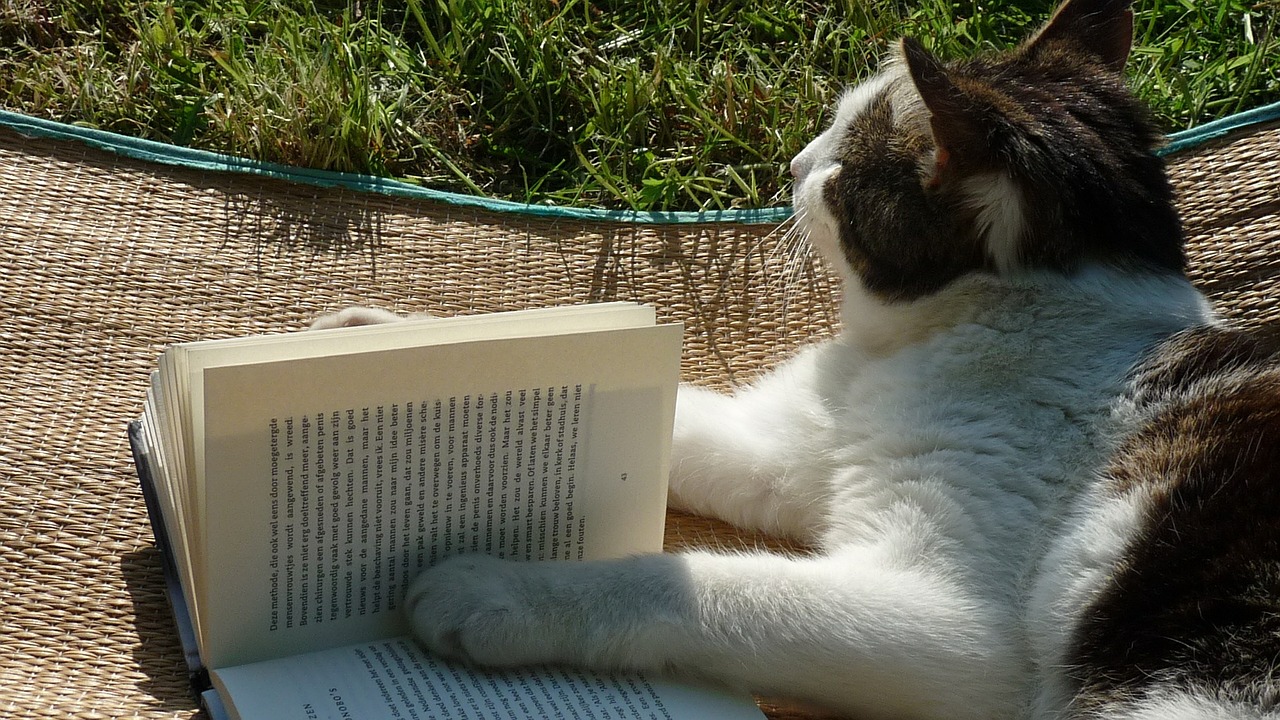
The Zettelkasten Method will support your goals relating to both consuming and producing fiction texts. It is designed to create a thinking machine out of your notes you are already making that supports all of your thinking.
Field Report #5: How I Prepare Reading and Processing Effective Notetaking by Fiona McPherson
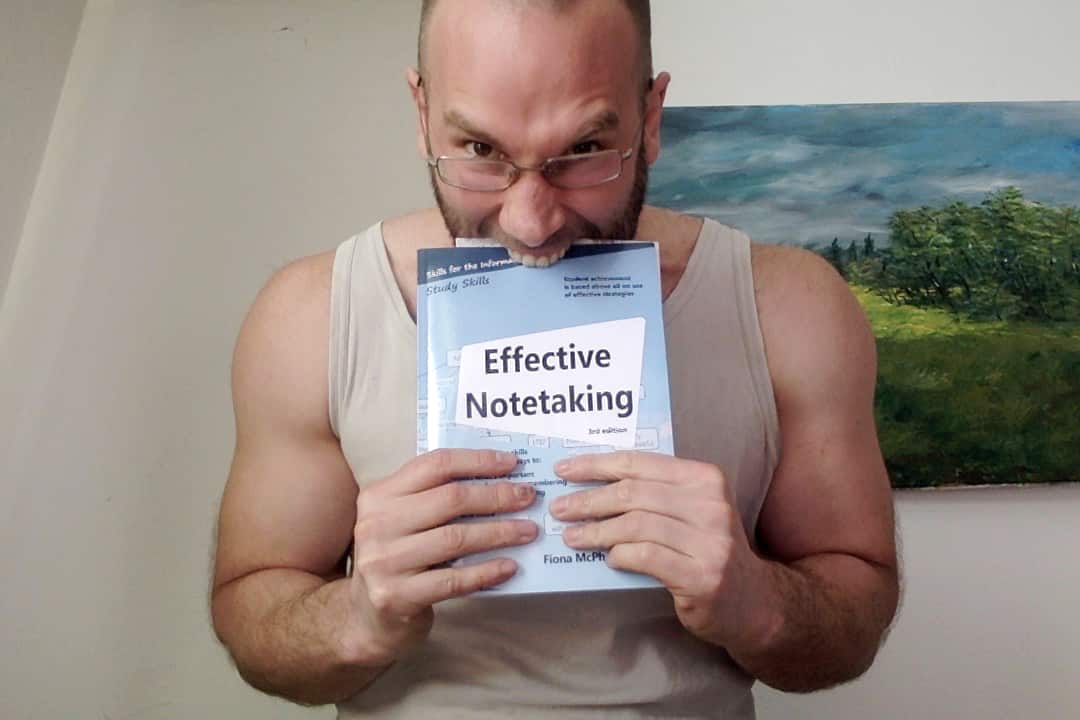
When you process a book into your Zettelkasten you should prepare both the book and your Zettelkasten. I set clear expectations and why I am reading a book; I review the table of content to generate a mental map; I review the table of content to generate a mental map; I plan what I will use the book for within my Zettelkasten.
How to Integrate Your Zettelkasten with Your GTD
A quick demonstration on how to go from task manager to The Archive:
Book Teaser (2nd Edition): Improved Diagram of the Flow of Value Creation
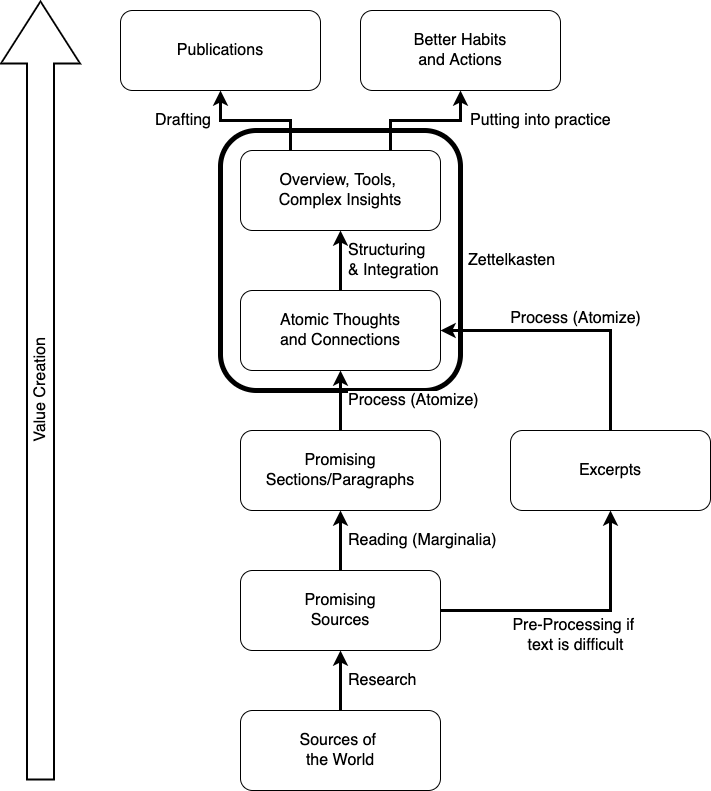
This is an improved version of the diagram on the flow of value creation. Three comments on that: It goes from bottom to top because this direction reflects the increase of value better.
No, I Do Not Underestimate the Power of the Dark Folgezettel – I Embrace Its Source of Power

Let's see what real links and their contexts in my Zettelkasten look like, and how they hold up compared to Folgezettel. All examples are direct translations from my own Zettelkasten.
Book Teaser (2nd Edition): Flow Diagram of the Zettelkasten Method
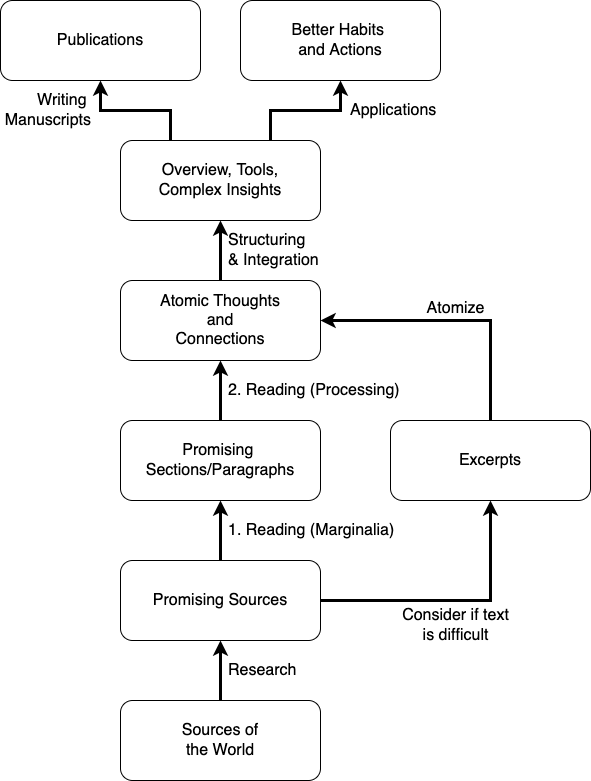
This is a little flow diagram that illustrates the Zettelkasten Process with the help of one of the principles of the Zettelkasten Method, "Creating Pre-Products".
The Zettelkasten Method for Fiction IV - Creating Stories

Creating Fiction is the same as creating non-fiction. It is about creating a linearly readable text with *some* cross-referencing.
The Zettelkasten Method for Fiction III - Create a Toolbox to Analyse Stories that Live in Your Zettelkasten

Creating examples for writing tools to write fiction, especially character sheets. These tools live in your Zettelkasten, too.
The Zettelkasten Method for Fiction II – Collecting and Processing Building Blocks of Story

Know what you are trying to process when you process fiction, and be skilled in handling these pieces.
The Zettelkasten Method for Fiction I – Knowledge is Knowledge
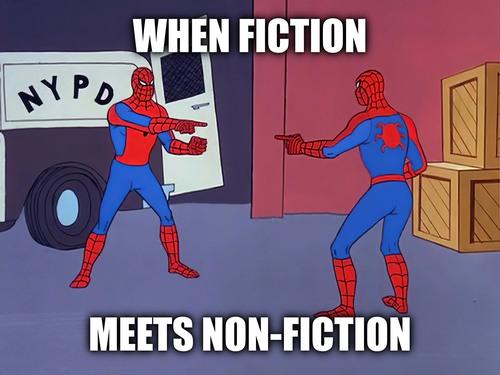
The source does not have an influence on the nature of the knowledge you process. I demonstrate this by processing quotes from 'The Godfather'.
2021
Book Teaser (2nd Edition): Declare Software Independence to Unshackle Your Mind

The things you own, end up owning you -- here's a teaser for the introduction to the upcoming book release
Live Zettelkasten Session on Dec 10th (Episode 7)
Tune in on 2021-12-10, 7:30 p.m. CEST, for episode 7
Live Zettelkasten Session on Nov 12th (Episode 6)
Tune in on 2021-11-12, 7:30 p.m. CEST, for episode 6
Live Zettelkasten Session on Oct 22nd (Episode 5)
Tune in on 2021-10-22, 7:30 p.m. CEST, for episode 5
Live Zettelkasten Session on Oct 8th (Episode 4)
Tune in on 2021-10-08, 7:30 p.m. CEST, for episode 4
Field Report #3: Mini-Workflow of a YouTuber
How I use my spare time when am forced to create YouTube videos and notes
Processing Empirical Studies and Separating the Three Layers of Evidence
In case you missed this on our YouTube channel, here’s a 15min video explaining how to process empirical studies and the three layers of evidence: (Link to the video: https://www.youtube.com/watch?v=UkA6ymlDLtA)
Live Zettelkasten Session on Sep 10th (Episode 3)
Tune in on 2021-09-10, 7 p.m. CEST, for episode 3
Live Zettelkasten Session on Aug 27th (Episode 2)
Tune in on 2021-08-27, 7 p.m. CEST
Live Zettelkasten Session on Aug 13th (Episode 1)
Tune in on 2021-08-13, 7 p.m. CEST
RE: Backlinks Should Be Context-Rich

Jared Gorski wrote a response to my article “Backlinks are bad links”. Since it’s a short and concise response, a re-response is warranted. He summarised my point fairly and sufficiently, so I don’t need to repeat myself here. If you are not familiar, please read the article linked above. I’ll reply to Jared’s post point by point.
Measure What You Want to Achieve with Your Zettelkasten
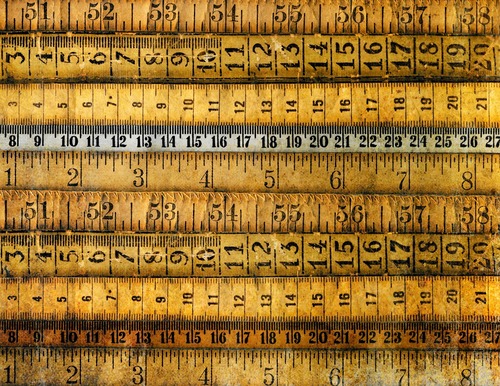
Don't just work blindly. Figure out how you can measure your definition of success and then track your progress, and if there is any at all.
Use Case: Investing with the Zettelkasten Method

I am not an investment professional. I do invest in stock and some other assets to create passive income through dividends and to build a safety net. I don’t make the time-commitment for in-depth research. I merely want to avoid dumb decisions.
2020
How to Use Tabs in The Archive
The Archive allows you to open multiple tabs for individual contexts. Here’s a presentation of how you can use tabs to have multiple workspaces, each with a different focus.
First Teaser for the Second Edition of the Zettelkasten Method Book
This little snippet is from the section One Sentence Summary in the chapter How to Write Good Notes. You will read from other sources that a Zettelkasten is idiosyncratic. It can hardly be understood by another person. The reasoning is that you write in your own Zettelkasten in such a way that only you can really understand. But the thought of the future self does not allow such a weak position: You are not yet who you will become. The future self is someone other than oneself. Technically, we always write for someone other than ourselves. It is difficult to be understood – even by yourself. If you write in such a way that you can be understood by as many other people as possible, there is a high probability that you will understand yourself later, too. In the span of two decades we all (hopefully) develop considerably. We are not just a little bit different. We are (hopefully) a completely different person. Arrange your Zettelkasten in such a way that anyone could operate it.
Backlinking Is Not Very Useful -- Often Even Harmful

Lists of backlinks, manually made or automatically generated, don't reveal the context. That's terrible for a growing archive.
Q&A #6 - Plural of 'Zettel'
Learn how to pluralize the German word 'Zettel' in this video
Introduction to the Zettelkasten Method
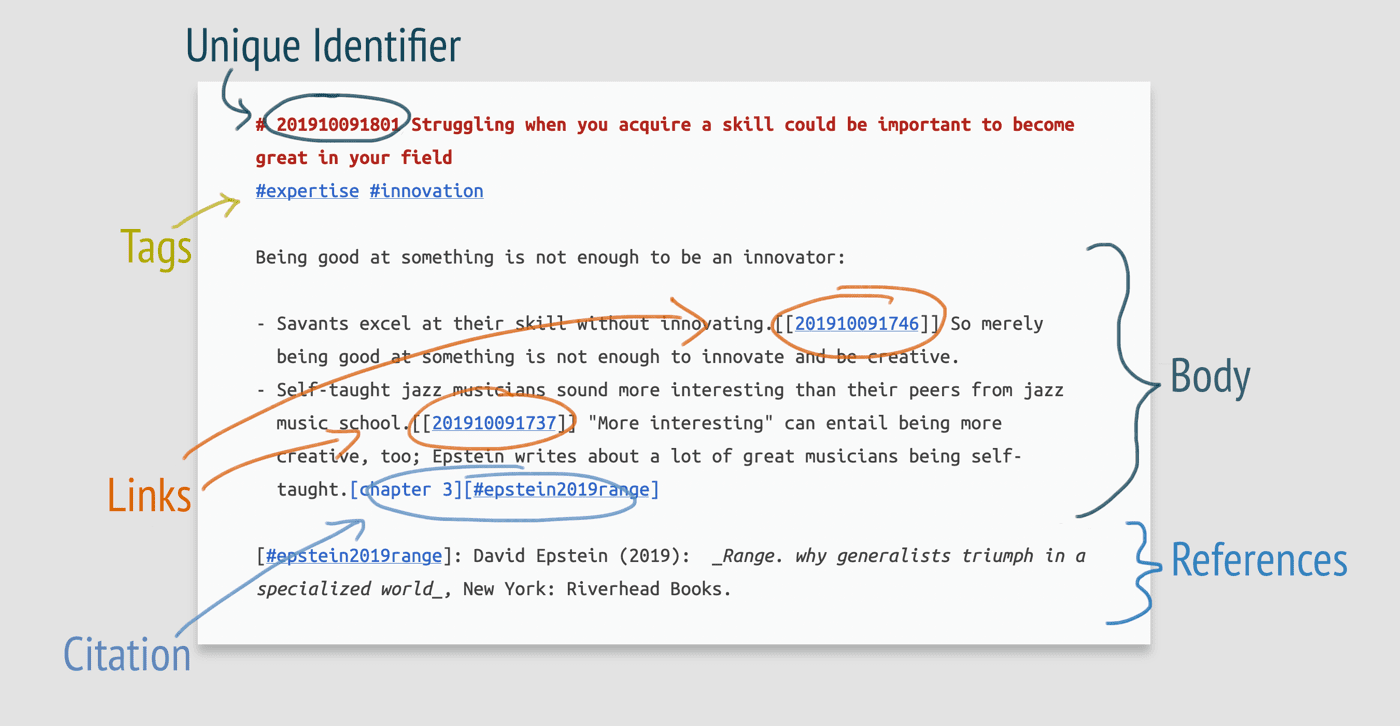
Learn how the Zettelkasten works as a system, what a Zettel is made of, and how to grow an organic web of knowledge.
Q&A #5 - How to write good titles for your Zettelkasten
3 tips to improve your note titles
Q&A #4 - Are Zettlers Cat People? Why?
Animals, communities, and brain lateralization
Leave Breadcrumbs on Bookmarks for Your Future Self
A little trick from my desk: You can rarely process a book in one session. The question is how to continue from where you stopped the next time you pick up the book. If you use a slip card as a bookmark, there is a neat solution for you: Just write a hint on the slip card.
Q&A #3 - Some tips on how to write good notes
Always think of your future self as if you encounter a different person than yourself.
Q&A #2 - How permanent a permanent note is
Imagine leaping into the platonic world of ideas and coming back with one of them. That would be the most eternal note.
Q&A #1 - How to start a Zettelkasten
Easier said than done. But doing is superior than telling. So do it.
Don't Dehorsify the Horse
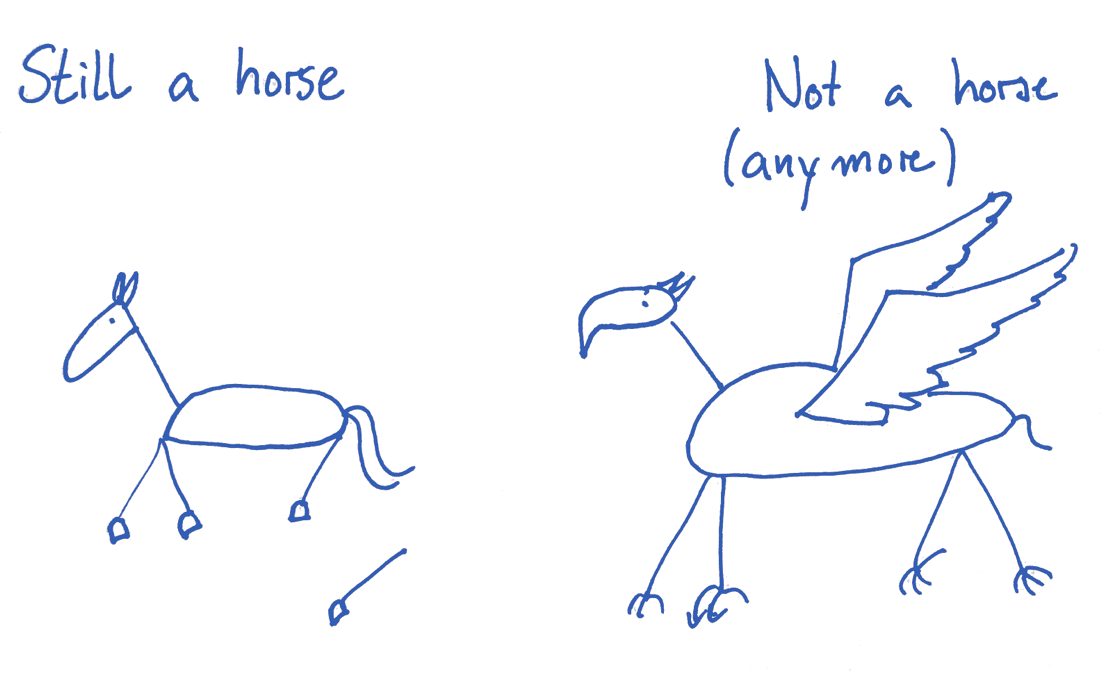
The Zettelkasten Method seems to get more and more popular. With popularity of methods there always comes a problem: Overzealous Orthodoxy. Some people, for various reasons, try to state what a Zettelkasten is and what not.
Tying Blogging and the Zettelkasten Method Together for Fast Feedback
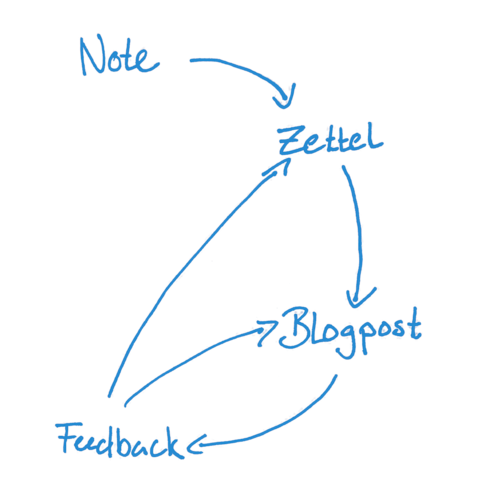
If you have a blog, you can use it to get fast feedback for your long form writing through Zettelkasten notes.
Baker and Me -- Joe Pairman Uncovers Universal Principles
I’d like to highlight this article by Joe Pairman: Take notes as online help for your creative future self. The rare feature of this article is that Joe is extracting universal principles by comparing one of my articles with ideas of Mark Baker from Every Page is Page One. (Affiliate link.)
Understanding Hierarchy by Translating Folgezettel and Structure Zettel

Folgezettel and Structure Zettel use the form of hierarchy: Folgezettel use a single one, Structure Zettel use multiple. Folgezettel can lure you into collector's fallacy, though, when you postpone making connections meaningful.
2019
Some Q&A on the Zettelkasten Method and Student Life

@diogenes, a student of philosophy, psychology and history in Vienna, asked some questions on the forum. I’d like to elaborate a bit on that. There will be specific use cases for the Zettelkasten Method. The method itself is a meta method of knowledge work. It translates what we understand of knowledge acquisition into basic actions that can be incorporated into any (knowledge work) workflow. Here, I will show a couple of applications to a more specific case.
Three Layers of Evidence

In a Zettelkasten – if done correctly – there will emerge layers of evidence. These layers represent the necessary processing steps from data to knowledge. It is very rare that raw data is put into the archive. You can do it. But normally, you will process the data outside your archive. So I will ignore this possibility. The three layers are:
2018
The Difference Between Good and Bad Tags

When I search in my archive for the tag #diet I get really annoying results. I don’t only get notes on diet. I get notes on carbohydrates, insulin sensitivity and many other. “Why is that a problem?”, you might ask. “All the above topics are relevant for diet, aren’t they?” No, and here is why.
The Barbell Method of Reading
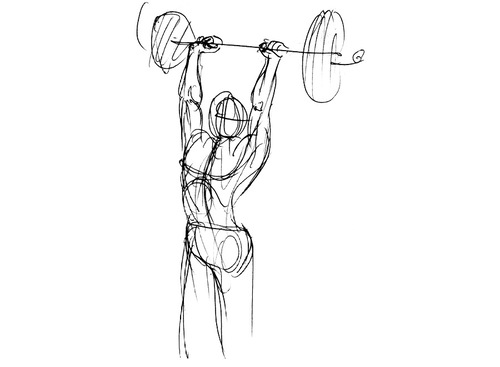
Our reading habit is one of the corner stones of our knowledge work habits. Reading is the most efficient way to create an influx of information that can transform into knowledge. Therefore, we should devote some thought and energy in the optimization of our reading habits.
A Tale of Complexity – Structural Layers in Note Taking

A Zettelkasten is neither a neatly structured filing system for notes easy to access nor a turmoil deep sea generating ideas out of the ununderstandable chaos. There are three layers in my archive which emerged from the years of working with the Zettelkasten Method. I didn’t plan them in advance. It rather was an organic process.
What are Buffer Notes?

A buffer note is a note that is like a specific container of notes that you will use later. They buffer the gap between note production and assignment of notes to projects. I came up with these kind of notes when I had written a couple of books but still wrote more about the same topic and was sure that I would be making a second edition.
Another Win for the Zettelkasten Method
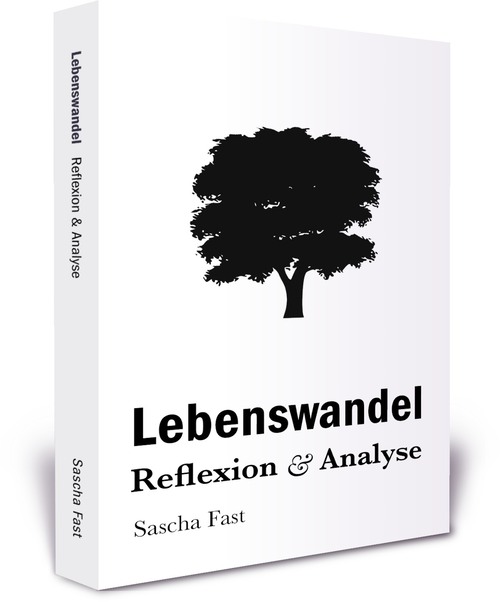
Hello dear knowledge workers, I just want to announce another win for the Zettelkasten Method. I successfully published a new book, called Lebenswandel: Reflexion und Analyse. In English, it should be translated to “Way of Living: Reflection and Analysis”. It is a very comprehensive overview on designing and thinking properly about one’s lifestyle. Here is a rough translation of the blurb:
2017
The Next Edition of the Zettelkasten Method Book
Hi folks, I just want to announce that the first rough draft of the second edition of the book is ready. I wrote it completely from scratch and added a lot of learned lessons by myself and through the communication with other knowledge workers.
Image Capturing with the Archive App (Video)
Handling images can be quite tricky in knowledge work. The Archive gives you the technical premise to create your own workflow. Watch the video.
Practical Integration of the Zettelkasten Method: My Deep Work Days

Fiddling with the details of IDs, and discussions about Folgezettel and whether they are an integral part of the method or just a compensatory solution for a physical Zettelkasten is fun and part of the constant improvement.
The Next Edition of the Zettelkasten Method
Hi folks, I just want to announce that the first rough draft of the second edition of the book is ready. I rewrote it completely and added a lot of the lessons I learned on my own and through the communication with other knowledge workers.
2016
The Money Is in the Hubs: Johannes Schmidt on Luhmann’s Zettelkasten
Johannes Schmidt gave an awesome lecture but most of you don’t understand German. So I thought I’d give you a quick flash of my notes of some points that I found most important. Keep in mind that this is not a comprehensive overview. Some points are left out or presented with the intention to be more relevant but as a result can be biased.
How to Not Get Lost in a Book

I am a huge proponent of not having any overview. The reason for that is the self-selective nature of the need for an overview. The need for a reasonable amount of overview can become a fetish which not only is not only unnecessary but even harmful for your productivity and creativity.
Nassim Taleb would love the Zettelkasten Method

In my opinion, Nassim Taleb’s most important idea is the concept of Antifragility. Here is his three-concept-model: Fragile means that something doesn’t like volatility and variability. In short: It doesn’t like to be touched. If you send something fragile via mail you write fragile on it so to say: Do as little as possible with it.
Reading for the Zettelkasten Is Searching

If you work with the Zettelkasten Method you have to deal with a lot of reading. It is obvious that it is often not very obvious what to include into your archive and what not.
Why Luhmann Had to Start a Second Zettelkasten

If you are familiar with the latest research on Luhmann’s original Zettelkasten you already know that his first Zettelkasten is not lost. That’s right: he had two archives over the years. Somehow, a rumor did arise that he lost his first Zettelkasten. It was said that he had to start a new one because of that.
2015
No, Luhmann Was Not About Folgezettel

I follow a principle that Ido Portal put nicely into words: Principles are higher than techniques. Principles produce techniques in an instant. —Ido Portal
4 Use Cases to Determine What a Zettel Should Be

Let’s go really basic: What is a Zettel? A Zettel is a note that is part of the archive of your Zettelkasten. You create it to contain knowledge for later use. The answer to “How do I compose a Zettel?” is simple:
Second draft of the Zettelkasten Method Book ready!
Hi folks, I am very happy to announce that the second draft of the German Zettelkasten Method book is ready to get revised by Christian. I included extensive advice on productivity as a last chapter.
My Morning Routine and Some Thoughts on a Holistic Approach

Christian told you how a morning routine can improve your productivity already. Now, it is my turn to show you my morning routine. I begin with its development but will end with the connection to productivity and the Zettelkasten Method. So, hang on!
On Using Intratextual Tags

Some of you guys asked for more practical articles about the Zettelkasten Method. So here we go. I use two different tags: some are in the header and some are right in the text body. Here is an example Zettel about the problematic implications of a materialistic view on the human mind.
Announcing: the First Draft of the Zettelkasten Method Book in German
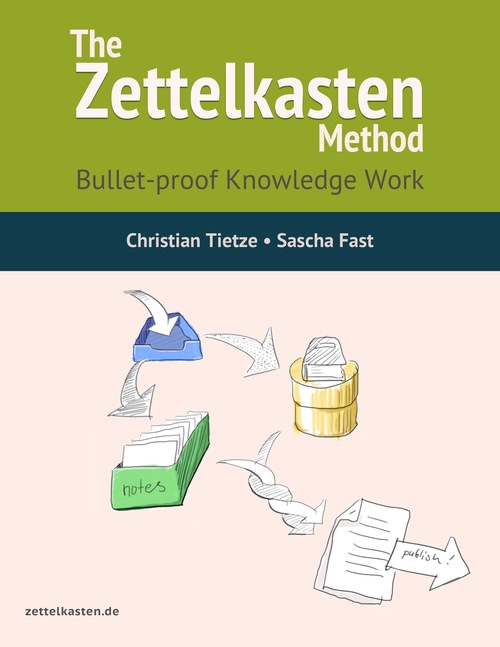
Hi folks, I am happy to announce that I finished the first draft of the Zettelkasten Method Book in German. It turned out to be shorter than I thought. At this moment, I have no clue what the word count is, but did turn out not to be the behemoth I expected it to be.
Use a Real Notebook
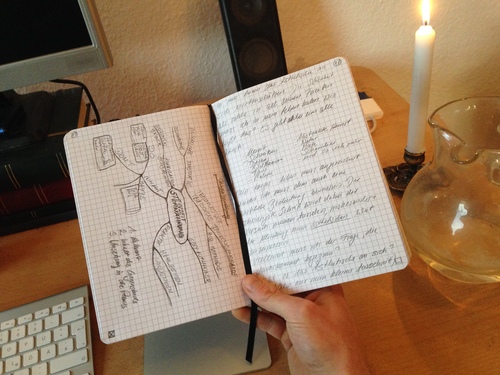
Considering the tech-heavy approach to knowledge work most people advocate nowadays, the imperative to use a real notebook may sound a little bit strange.
How to Write a Note That You Will Actually Understand

If you not only take notes but also edit them before you put them into you archive (hopefully a Zettelkasten), you will save energy and time, and preserve sanity. It will also enhance the clarity of your writing in general.
2014
The Biography of Sascha's Zettelkasten

A proper Zettelkasten should be like a second mind, almost a person on its own. I am not there, yet. My buddy, the Zettelkasten, surprises me a lot but he needs to be filled with a couple thousand more Zettels.
The Two Forms of a Zettel
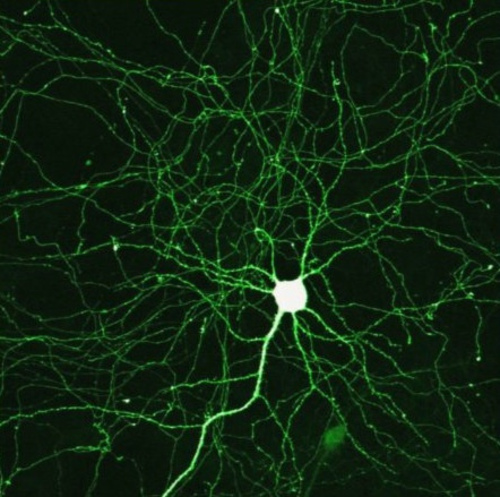
In this post I try to dig into the nature of a Zettel. When philosophers speak about the nature of something they refer to its most basic qualities. If you substract one of those you would have something different.
How to Write a Book – Without Even Trying (so hard)

In my last post A Life-Long Writing Project on Writing – and My Anxiety I said that I wrote a (small) book on writing while researching it. In this post I’ll present the method which led to this book.
A Life-Long Writing Project on Writing – and My Anxiety
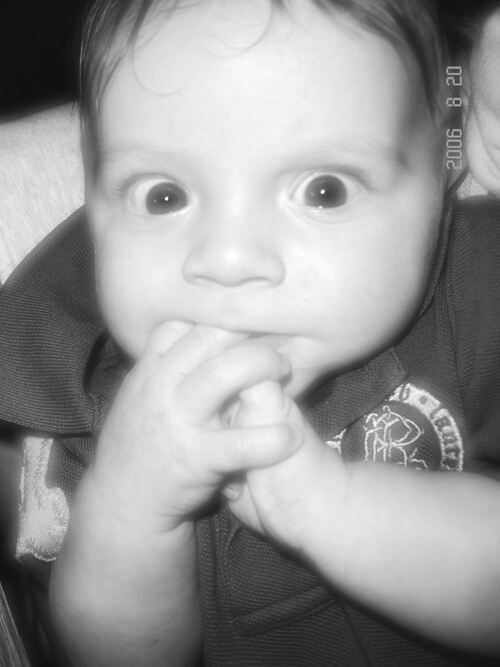
The first “first draft” I ever finished was a short-ish ebook about writing. I tend to be very heavy on research with my projects. As I realized that my Zettelkasten archive already contains content worth several books, I started to research on how to write a book.
Racing – A Time-Saving Technique for Your Information Inflow

Time is the most important asset we have. That is one of the core principles of my approach to productivity. At the same time I am a bad investors when it comes to time.
Call Me Ishmael – Introducing Sascha

Call me Ishmael. This is my first post on Zettelkasten.de, and which quote would be more appropriate to introduce myself? My real name is Sascha Fast by the way.
Count Your Words to Increase Your Productivity
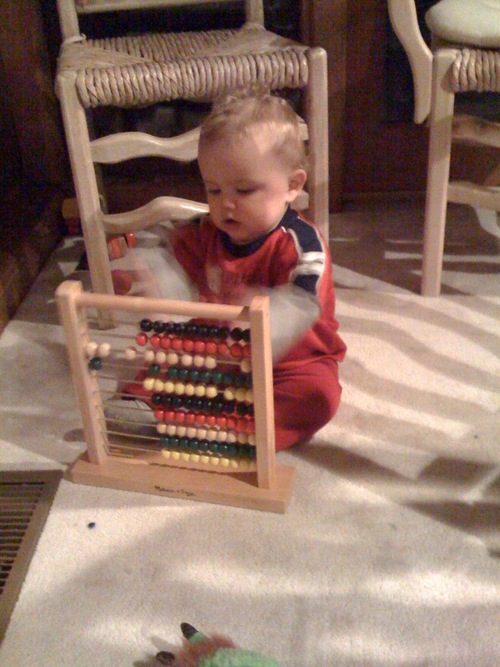
So you are a knowledge worker? This means 90% of your work is about dealing with words. Blogger, writer, journalists – the biggest chunk of work is writing. “Writing” is just a short term for producing words.